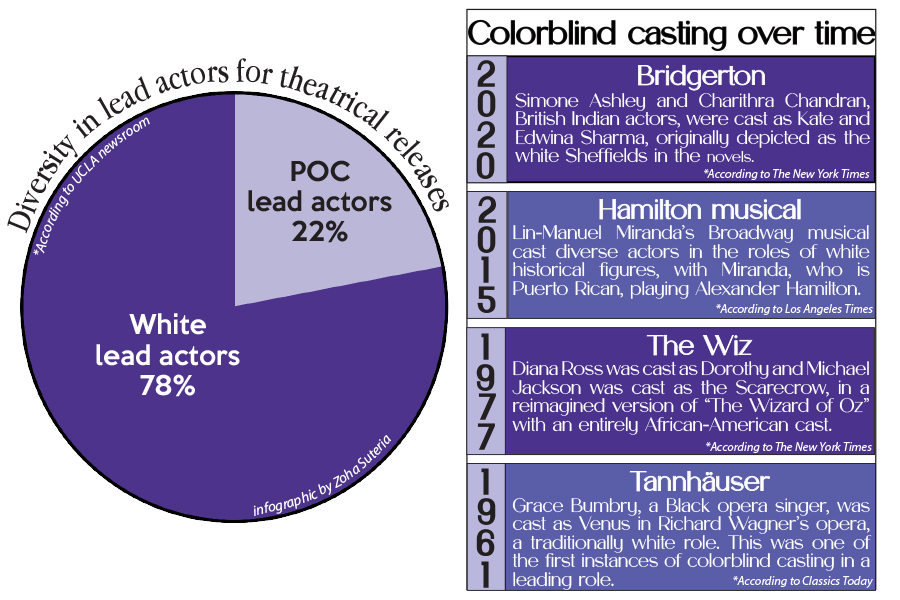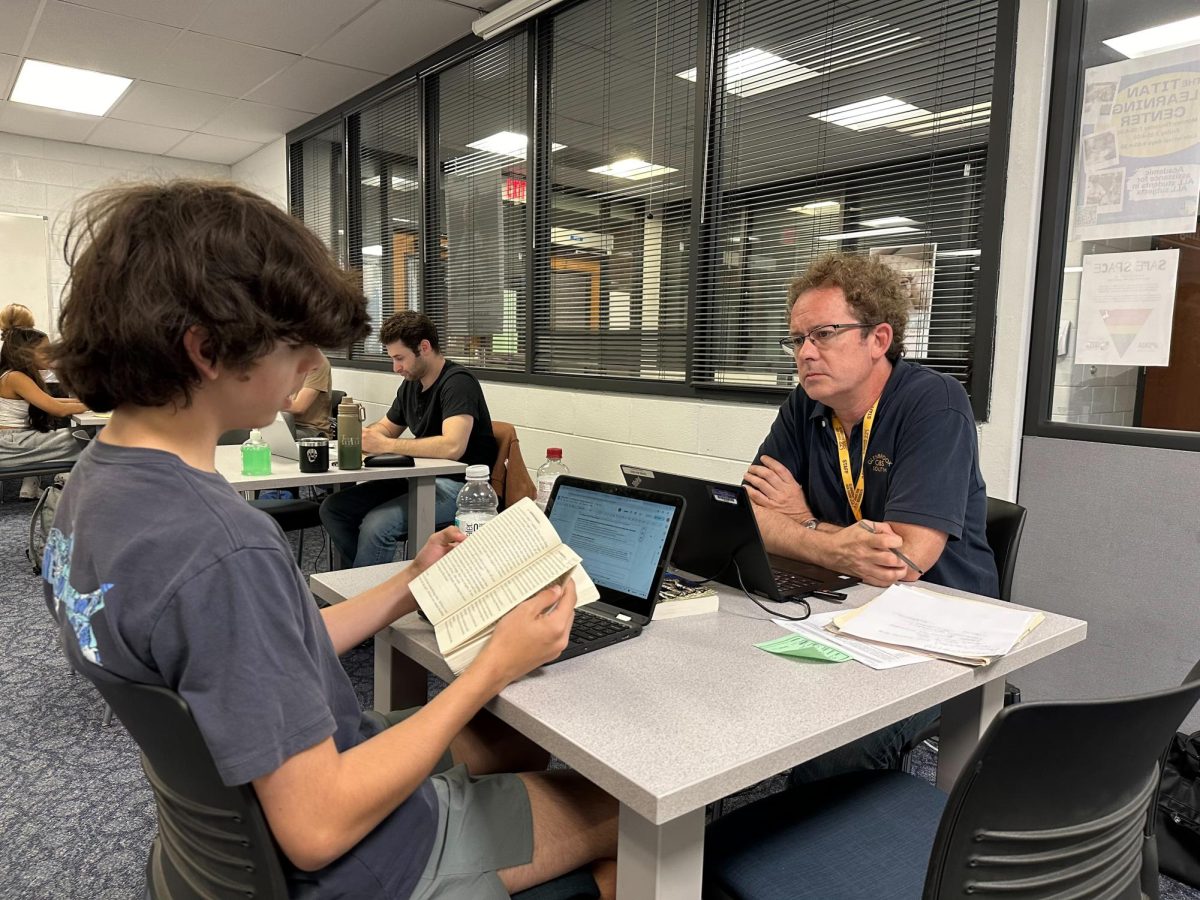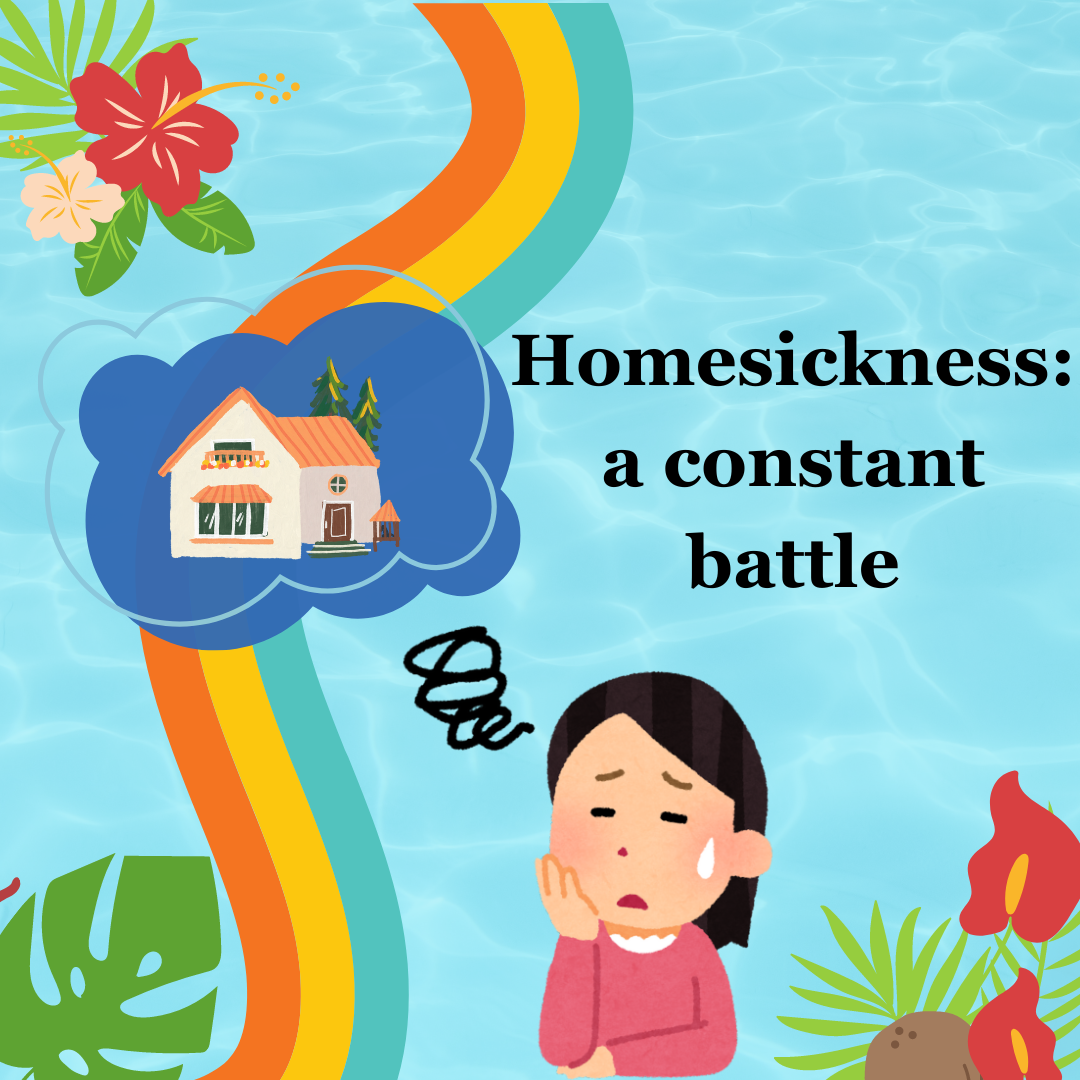Stereotypically, children who play video games do nothing but, well, play video games. They don’t socialize, achieve academically or participate in extracurricular activities. At least, that’s what most of society thinks.
Several studies have even been done emphasizing the same conclusion: video games are bad for schoolwork. After all, they act as a typical distraction and can take away precious time meant for the betterment of knowledge. But are they really all that bad?
I say no.
First of all, I myself am an experienced gamer. I’m proud to say I have invested 100+ hours in my Pokémon Black 2 Version. I have spent nine hours this past weekend killing thousands of enemies in Nintendo’s new Hyrule Warriors. And just last night, I watched the championship games from the popular PC game, League of Legends (in which I am a Silver 4).
But despite spending all this supposedly “unnecessary” time, I find myself benefiting from it.
And no, I’m not talking about classical puzzle games like Tetris or Minesweeper. Those have obvious benefits for memory or mathematical composition. When I say video games, I mean full-attention-calling, engaging games; ones that would be accused of being distractions or diversions.
For some video games, it’s a direct application of knowledge to academics. Assassin’s Creed 3 has helped me understand the Revolutionary Era of the United States by being the hero of it. Final Fantasy has extended my knowledge of the Latin language aiding me in English semantics. Creatively, video games have regularly boasted artistic and musical appeals that can inspire musicians and artists.
Also, many video games have rich stories with heart-warming characters and tear-inducing moments. Who’s to say I have not learned from these stories? Kingdom Hearts has taught me to appreciate my friends. Metal Gear Solid has taught me the complex emotions of revenge and redemption far better than any English class has so far. And I’ve found role models in the heroes I play as or the princesses I have saved. These video games have characters that never gave up, so why should I?
Socially, gaming has united people, too. Two people have bonded over the newest release of Super Smash Brawl. Friends who get to talk to each other late into the night over Call of Duty without having to leave the comfort of their home. Gaming has created a common topic that many can relate to just like Mean Girls or One Direction have. It’s another chance for students to find friends.
Of course, gaming can be just what people believe it is, a force of distraction.
Instead of writing up a five-page long essay for English, I could choose to spend the next six hours rearranging my Farmville, or I decide to stay up until four in the morning completing Sony’s new Destiny. Maybe I run my mind over with strategies on how to beat the final boss instead of knowing how to conduct a chemistry lab. Or worse, I choose to completely neglect my academics just to stay home and play these games.
Video Games are not necessarily bad, but I’m not saying they’re necessarily good either. A lot of it is based on perception and how the player controls him or herself. At the end of the day, the student chooses to either spend an hour on their PS4 or in front of their History textbook. Video Games can impart all the knowledge in the world, but unless the student chooses to learn, nothing can be taught.
















